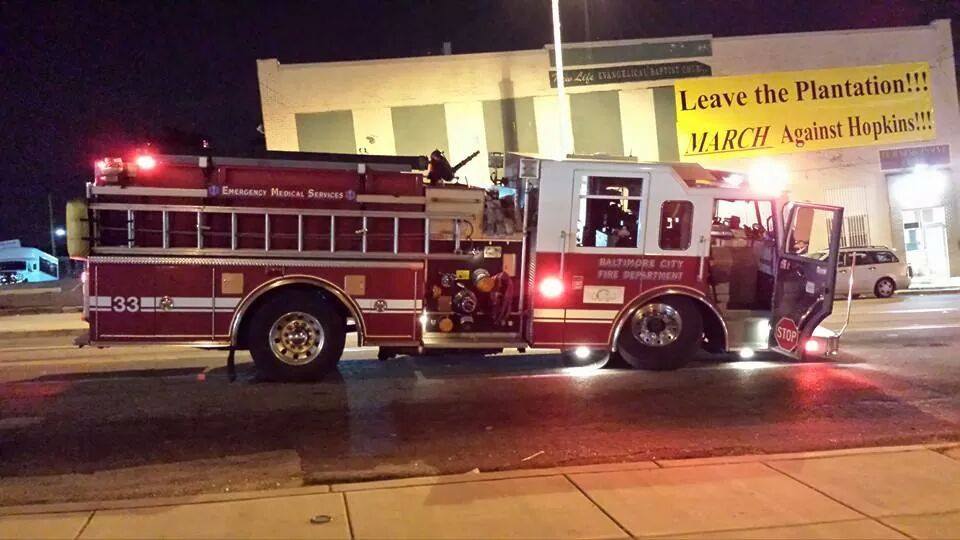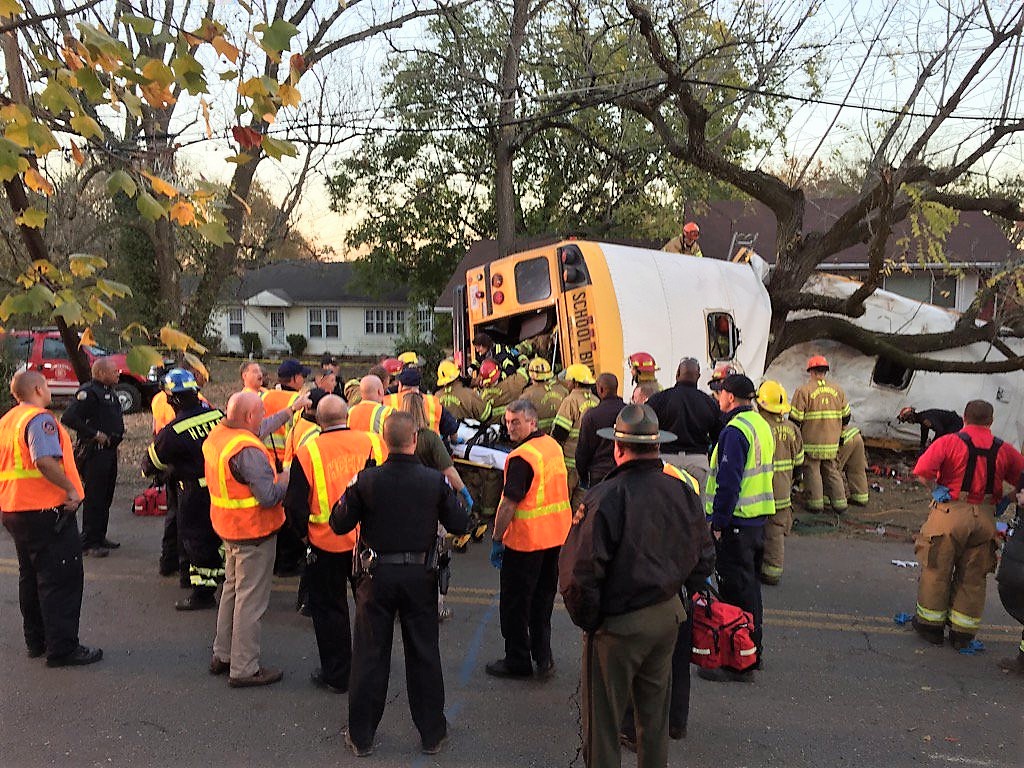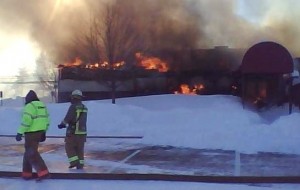Welcome to Washington Chief Gregory Dean
Going from Washington to Washington will mean a lot more than a cross country trip for Gregory Dean. When it comes to EMS he will be traveling from one extreme to the other.
For the last ten years, Chief Dean has lead a department that has been considered a model provider of EMS since the 1970s. Morley Safer at “60 Minutes” first profiled the Seattle Fire Department’s Medic One program way back in 1974 (below).
During that same time period, the fire department in the Nation’s Capital has also received plenty of local and national news coverage about its EMS work. But unfortunately no one has called it a model for anything that’s positive in emergency medical services.
The reason this has gone on for so long is not because the firefighters, EMTs and paramedics in the field are awful. My belief is they have some wonderfully talented providers that have been tainted by a small number of really bad ones who’ve garnered much of the attention through the years.
The reason for this terrible reputation in EMS has been leadership. Leadership, not just at the fire chief level, but in both the Office of the Mayor and the City Council. There has been an enormous amount of lip service for decades, but little in the way of backing it up with a consistent commitment to a long range vision that includes proper funding and professional leadership.
Too often the focus has been about anything but providing service to the citizens. For example, the last administration had an agenda to rid the department of firefighters who didn’t live in the city which, in turn, negatively impacted its ability to respond to 911 calls.
Rather than rehashing a lengthy history of EMS in the Nation’s Capital, let me look forward to a few challenges that Chief Dean will soon face:
- Long term commitment and funding: Mayor Muriel Bowser and the current City Council are just the latest to say they want to fix this. Will they be the ones to actually follow through? It’s difficult not to be skeptical on this issue.
- Civilian EMS providers: Despite the commitment to dual-role providers long-ago, no one has ever really come to terms with what to do with the legacy non-firefighter EMS providers. In addition, the last administration went back to hiring civilian EMTs and medics.
- The fleet: The last administration really screwed the next chief on this issue. They failed to address long-standing maintenance problems at the shop and were negligent in purchasing fire trucks and ambulances. It may not feel like it today, but the hot summer will be here soon enough and we will again hear about ambulances with broken air conditioning systems and rigs that catch fire.
- DC isn’t Seattle: Seattle began training its citizens in the 1970s in CPR and created an awareness of what EMS is all about. Seattle has private ambulances to transport BLS patients. In DC, the rich call Uber while the poor dial 911.
- The chief has no control over one of the biggest problems: Eight years ago I was in DC’s Office of Unified Communications (OUC or 911 center) as Chief Dennis Rubin was named by Mayor Adrian Fenty as the city’s new fire chief. Despite the somewhat fictional account of that day in Chapter 1 of the book “DC Fire”, I actually gave The Rube some advice upon meeting him for the first time on the floor of the 911 center. I told Chief Rubin some of his biggest problems as chief will be because of what happens in this building and that he will have little or no ability to fix those problems. To his credit, The Rube figured this out on his own and soon assigned liaison officers to OUC for both fire and EMS. But it will take a lot more than the ELO and FLO positions to fix what is broken at DC 911. In addition to extremely poor and slow call handling, this 911 center would be the death of the type of system that’s in place in Seattle. Seattle has a reputation for sending paramedics on what are truly ALS calls. One consistent thing you will hear from both firefighter/paramedics and the civilian EMS force in DC is that those working at OUC don’t have a clue about properly classifying 911 calls. ALS providers are run all over the city to babysit what should be BLS responses.
I’m far from an EMS expert. These are just some of the problems I’ve witnessed over and over again in more than 30 years of closely watching the DC Fire & EMS Department (formerly DCFD). I wish Chief Dean nothing but the best of luck and success in handling these and all of the other issues that will soon be crossing his desk.






